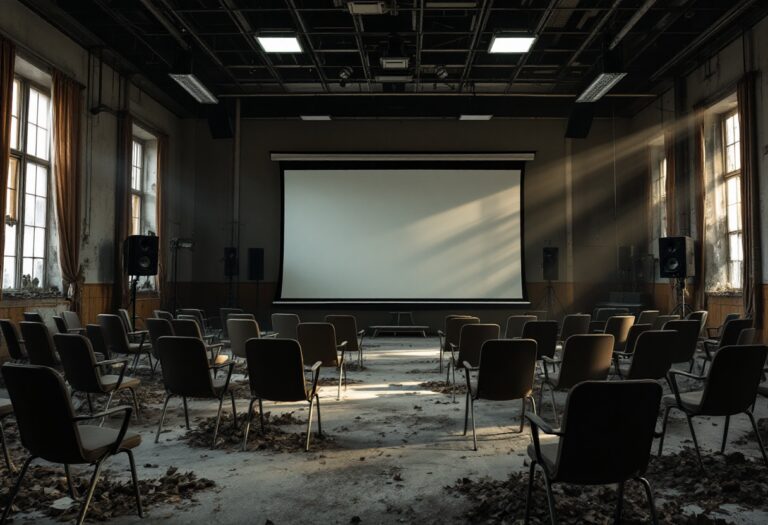Argomenti trattati
Introduction to canceled television series
The world of television is filled with stories that never see the light of day. Each year, numerous shows are announced with great fanfare, only to be abruptly canceled before they ever air. This phenomenon raises questions about the decision-making processes within networks and the unpredictable nature of audience reception. Understanding the reasons behind these cancellations can provide insight into the television industry and its evolving landscape.
Reasons for cancellation
There are myriad reasons why a television series might be canceled before its debut. Often, networks invest heavily in pilot episodes, only to find that the content does not align with their strategic goals or audience expectations. Factors such as casting choices, production quality, and even market trends can influence these decisions. For instance, a show that appears promising on paper may fail to resonate during test screenings, leading to its swift cancellation. Additionally, financial considerations play a significant role; if a network anticipates low viewership or high production costs, they may choose to cut their losses early.
Notable examples of canceled series
Throughout television history, several high-profile series have been canceled before they even aired. One notable example is the much-anticipated adaptation of a popular book series that garnered significant media attention but was ultimately shelved due to creative differences. Another instance involved a star-studded cast in a comedy pilot that failed to impress network executives during initial screenings. These examples highlight the unpredictable nature of television production and the myriad factors that can lead to a show’s untimely demise.
The impact of cancellation on creators and audiences
The cancellation of a television series can have profound effects on both creators and audiences. For writers and producers, the abrupt end of a project can be disheartening, especially after investing time and resources into its development. Fans, too, often feel a sense of loss when a show they were excited about is canceled. This emotional investment underscores the importance of storytelling in television and the connections that viewers form with characters and narratives. As the industry continues to evolve, the fate of many shows remains uncertain, leaving audiences to ponder what could have been.

